Sick of Googling “How to heal my relationship with food”? You’re not alone. It’s the most common request I hear from my clients: women who’ve spent decades using food as either punishment or reward and, as a result, have a love-hate relationship with food.
If you want to stop instantly turning to food to cope with boredom, loneliness, and other emotions only to beat yourself up for having no control over food, this article’s for you.
What is a good or healthy relationship with food?
As a dietitian with ten years of experience, I believe a good or healthy relationship with food includes two things: flexibility and freedom.
A good relationship with food has little to do with the food itself; instead, it’s about how, why, and when you choose the foods you eat.
Imagine you’re out for dinner with friends. The restaurant they choose isn’t your first choice because the menu offers heavy and comforting foods like pizza, chips, and burgers, and you feel like a light, fresh, and zesty salad.
If you have a good relationship with food, you can order the most appealing option from the menu (even though it’s not exactly what you want), enjoy what you eat, stop when you’re full and move on with your day without much thought of the eating experience – there’s freedom and flexibility.
Signs you have a good relationship with food:
- You give yourself unconditional permission to eat ALL foods
- You can listen to, trust and honour your hunger and fullness signals
- You don’t rely on others to tell you when, what, why, where or how much to eat
- You can stop eating when you’re full and don’t feel like you need to always finish everything on your plate
- You see foods as morally equal, e.g. broccoli and chocolate are morally equal
- You don’t feel like you need to earn, deserve or work off food
- You consider the social, mental and emotional benefits of foods, not just the physical (aka you look beyond nutrients)
- You believe food serves many purposes, including joy, pleasure, culture, tradition, socialisation, and fueling our bodies
While you prefer to eat the foods that make you feel good physically most of the time, e.g. vegetables, grains and protein, you also have permission to eat the foods that make you feel good mentally, e.g. chips, lollies, chocolates – no foods are off-limits.
Healing your relationship with food means food doesn’t control your life, and you know that what you eat doesn’t define your worth.
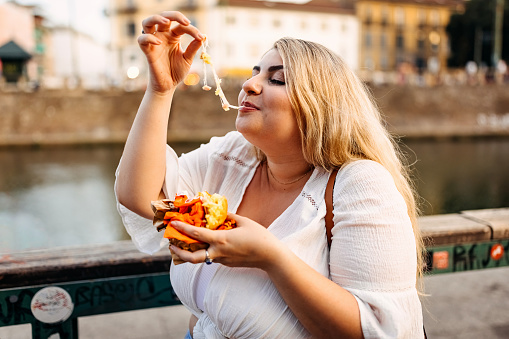

What is a bad or unhealthy relationship with food?
In contrast, a bad or unhealthy relationship with food has many external rules, thoughts, and beliefs (aka food noise) that dictate what, when, where, why, and how much you eat; it’s exhausting.
In the same restaurant example, someone with an unhealthy relationship with food would feel fearful and stressed about ordering food from the menu because every option is high in fat and carbs. They’d eventually order a burger and chips and feel incredibly guilty. When they start feeling full, they might think, “What the hell, I’ve eaten “badly” I might as well finish everything on my plate”. They may even eat until they feel sick and then beat themselves up for having no willpower, frustrated with themselves and feeling guilty for eating “too much food”.
Signs you have a bad relationship with food:
- You have a history of yo-yo dieting or following the latest diet fads.
- You avoid or restrict foods that are “bad” or “unhealthy
- You feel guilty for eating foods you see as “bad” or “unhealthy”
- You have many rules about different foods, e.g. I can’t eat bread, or I can only eat breakfast if it has 40g protein
- You’re extremely reliant on food to cope with your emotions (aka you’re a frequent emotional eater)
- You ignore your body’s hunger and fullness cues
- You rely on calorie counters or apps to tell you what, when, and how much to eat
- You feel very stressed and anxious about eating in front of others out of fear of judgement
- You have a very all-or-nothing relationship with food (aka – restricting then bingeing), e.g. one week, you’re only eating “healthy” foods followed by the next week only eating “unhealthy” foods
If you’re looking at this list and thinking, “I’ll never heal my relationship with food, I have so many issues”, I promise you you’re not alone.
That’s how most of my clients feel before we start working together
But here’s what I tell them
Let’s focus on one area at a time, whether it’s ditching diet culture or making peace with food.
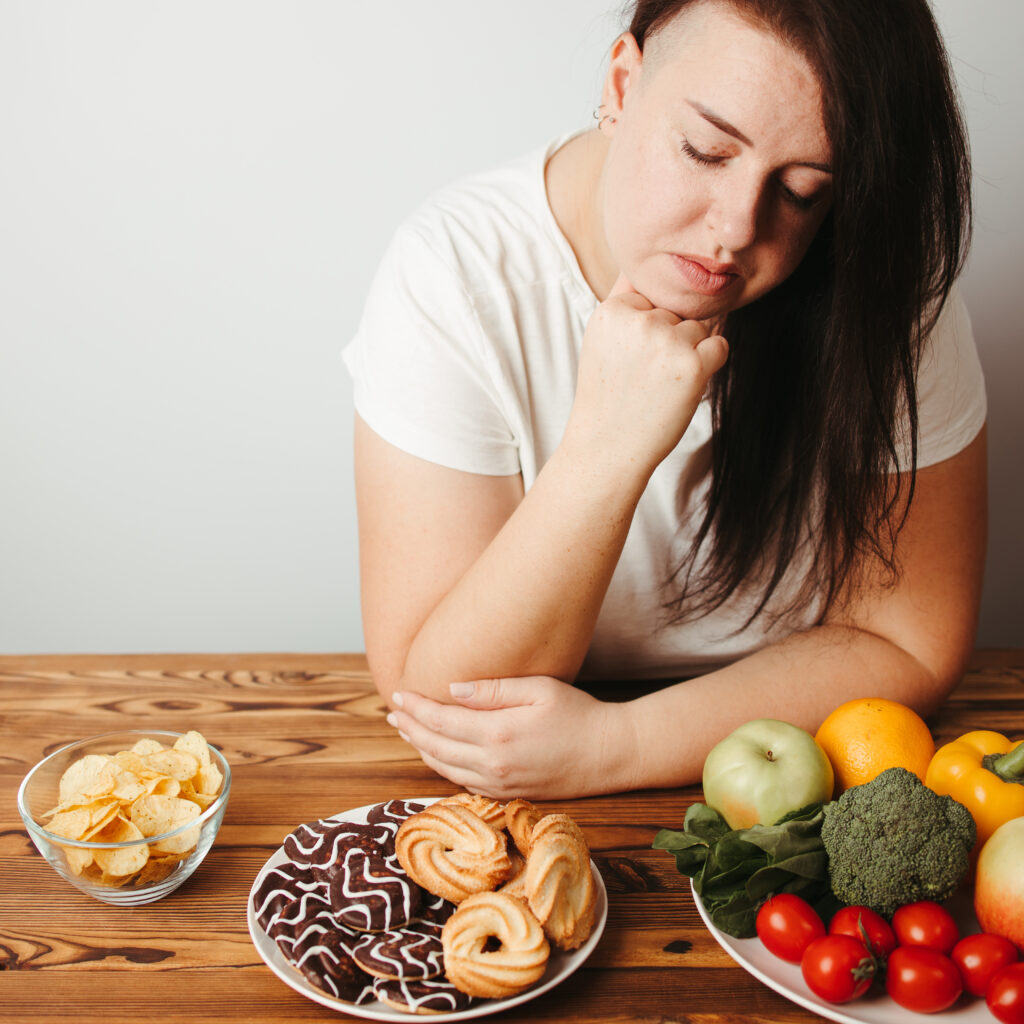

Why to heal your relationship with food?
I can give you one hundred reasons to heal your relationship with food, but the best part about letting go of rigid food rules is getting your brain back from the intense stress, fear and noise.
Imagine sitting at a table full of foods, sandwiches, cakes, and biscuits, and instead of hundreds of thoughts, beliefs and rules swirling in your mind – it’s silent.
That’s food freedom.
How to have a healthy relationship with food (and your body)
The secret to building a healthy relationship with food is practice, curiosity and self-compassion. That said, below are some helpful tips.
5 ways to reset your relationship with food
1. Eat regularly
If you’ve dieted for a long time and don’t feel hungry, this step is “easier said than done”. While we’re born with the natural ability to regulate our hunger and fullness signals if you’ve dieted for decades (aka ignore your hunger) or grew up being told to “eat everything on your plate” (aka ignore your fullness), chances are they’re both out of whack.
Eating regularly, ideally every 3-4 hours, will help you feel these signals again. Don’t be surprised if you have extreme hunger initially. This is your body’s way of playing calorie catch-up and will resolve.
Listening to, trusting and honing your hunger and fullness cues is essential to regulating your appetite, managing your food intake and having a healthy relationship with food.
2. Eat enough
While it’s one thing to eat regularly (every 3-4 hours), you need to make sure you’re eating enough. If you’re letting calorie limits dictate your daily food intake rather than your hunger and fullness cues, they remain out of whack.
Ideally, you want a source of carbs, protein, fibre and fat at each meal and snack to give your body (and brain) the fuel it needs to function and reset your natural hunger and fullness hormones.
3. Neutralise foods
The next step is all about reframing how you view foods. If somewhere along the way, you started labelling food as “good” or “bad”, that’s normal; we’re conditioned to think about food that way. You only have to summon a memory of Christmas or a work event to know most people have all-or-nothing views about food.
But why is it an issue to label foods? It gives it power and makes us feel powerless to it.
People will argue, “but not all foods are equal”
Yes, certain foods are better for your physical health (e.g., broccoli), but others are important for your social health (e.g., cake). It’s knowing that a single food or meal isn’t going to dramatically impact your health.
4. Give yourself unconditional permission to eat ALL foods
Stuck in an all-or-nothing cycle with food? It’s time to give yourself unconditional permission to eat ALL foods
It’s one thing to bring foods like bread, pasta, lollies, and icecream back into the house but if you can’t eat them without “overeating”, then you haven’t dealt with the mental food restriction – you’re giving yourself pseudo permission (not unconditional permission).
When you tell yourself you can’t have something, it’s normal to want that food more. Have you ever said to yourself, “I’ll just have one square of chocolate”. You put the block back into the cupboard, and all you can think about is a chocolate block in the cupboard. You try to stop thinking about it but can’t stop thinking about it until you’ve eaten it all.
There’s a logical reason for this, and it’s called the “Forbidden Fruit Effect”.
One study comparing food regulation of self-proclaimed dieters vs. non-dieters found that diets struggled to self-regulate compared to non-dieters.
The people in both groups were given a milkshake to drink, then put in a private room with cookies and told they could eat as many as they wanted
The dieters ate significantly more cookies.
Why?
The dieters reported “breaking the rules” by drinking the milkshake, so they might as well overeat the cookies.
If you can start giving yourself FULL permission to eat these foods (and enjoy them), you’re less likely to crave them and eat a small amount without bingeing.
It’s called food habituation. Basically, the more exposure you have to a food, the less interesting and appealing it becomes.
*Note: This can be incredibly scary if you have a lot of rules around different foods, which is why I recommend focusing on one food at a time.
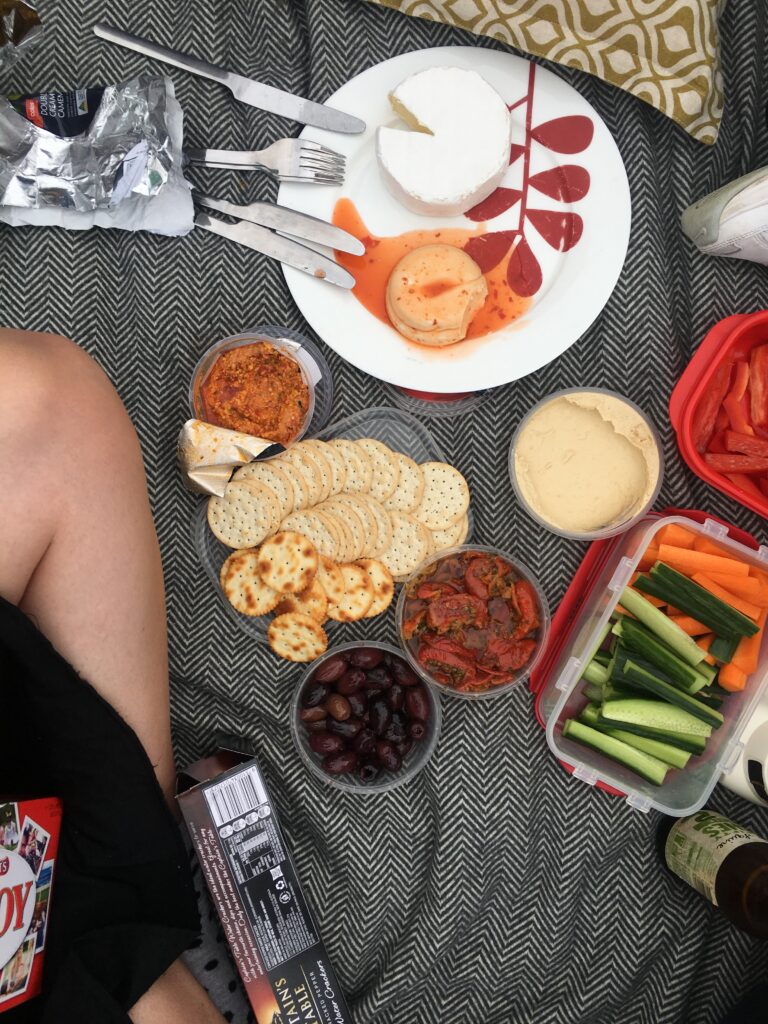

5. Work with a food freedom dietitian
You can do this work yourself, but it’ll be much quicker if you work with a dietitian who specialises in food freedom, binge eating or intuitive eating.
When I work with clients, it’s about creating a safe, contained, and judgement-free space to unpack their many food thoughts, beliefs, and rules. We work together to dismantle diet culture, debunk food myths, reduce food and body preoccupation, and ultimately find peace with food and body.
While there are countless online resources to help you improve your relationship with food and your body, in my experience, because we all have such unique and varied reasons for our thoughts around food, having tailored and individualised support is essential
The takeaways
In our weight-obsessed society, it’s normal if you have a complicated relationship with food and fear weight gain. While this can take time, patience and practice, it’s not impossible. With the right strategies, tools, and support, you can find a place where food feels less like a nightmare and give your body what it needs without the mental drama. Taking the first step can feel scary, but it’ll be worth it in the long run.
Need help navigating the inevitable challenges of overcoming food rules, beliefs and body image thoughts? Book an appointment with our experienced dietitian
Last medically reviewed on October 15, 2024
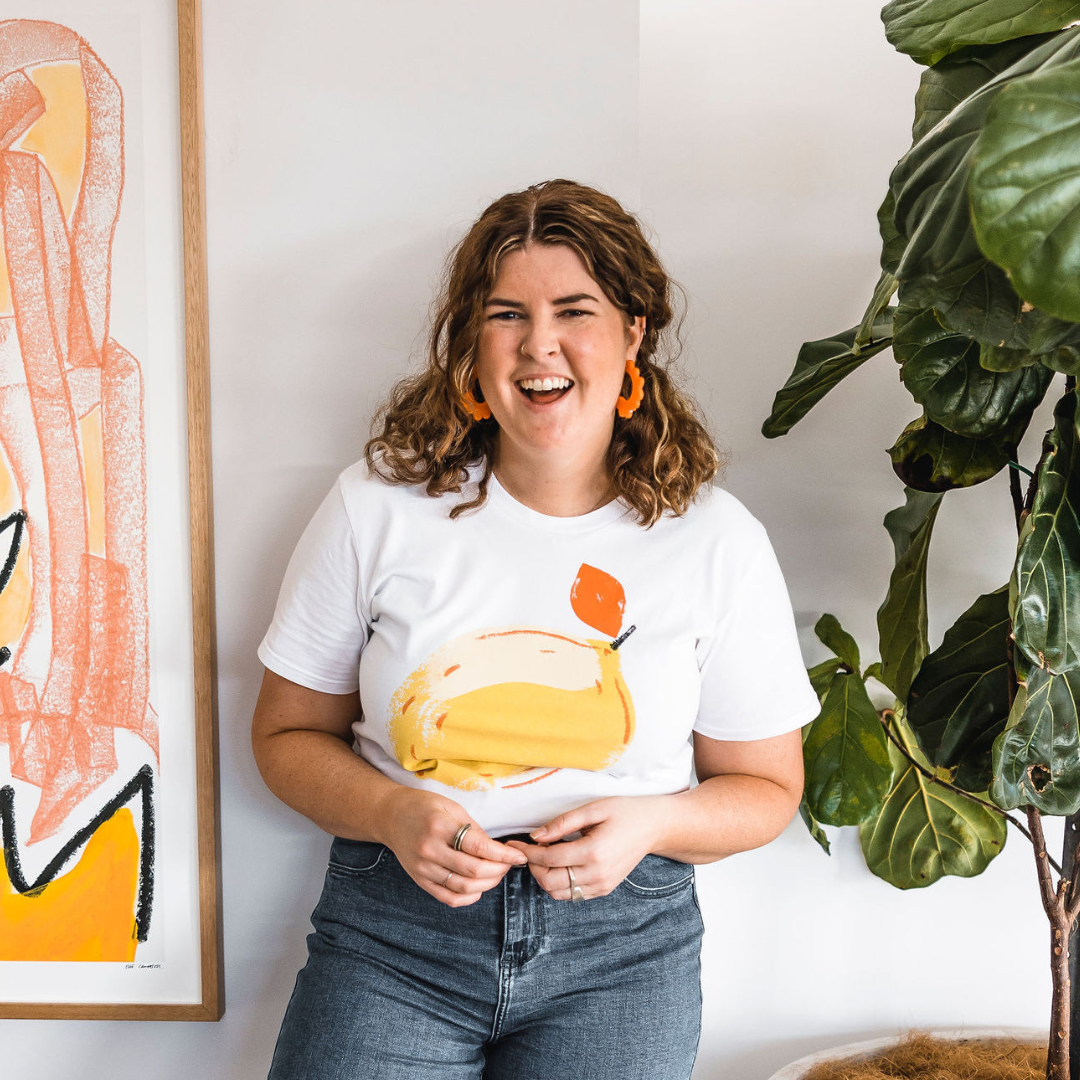

Erin’s an Accredited Practising Dietitian & Certified Intuitive Eating Counsellor. She uses a non-diet approach and weight-inclusive care to help her clients reclaim a healthy relationship with food and their bodies free of guilt, shame and restriction.






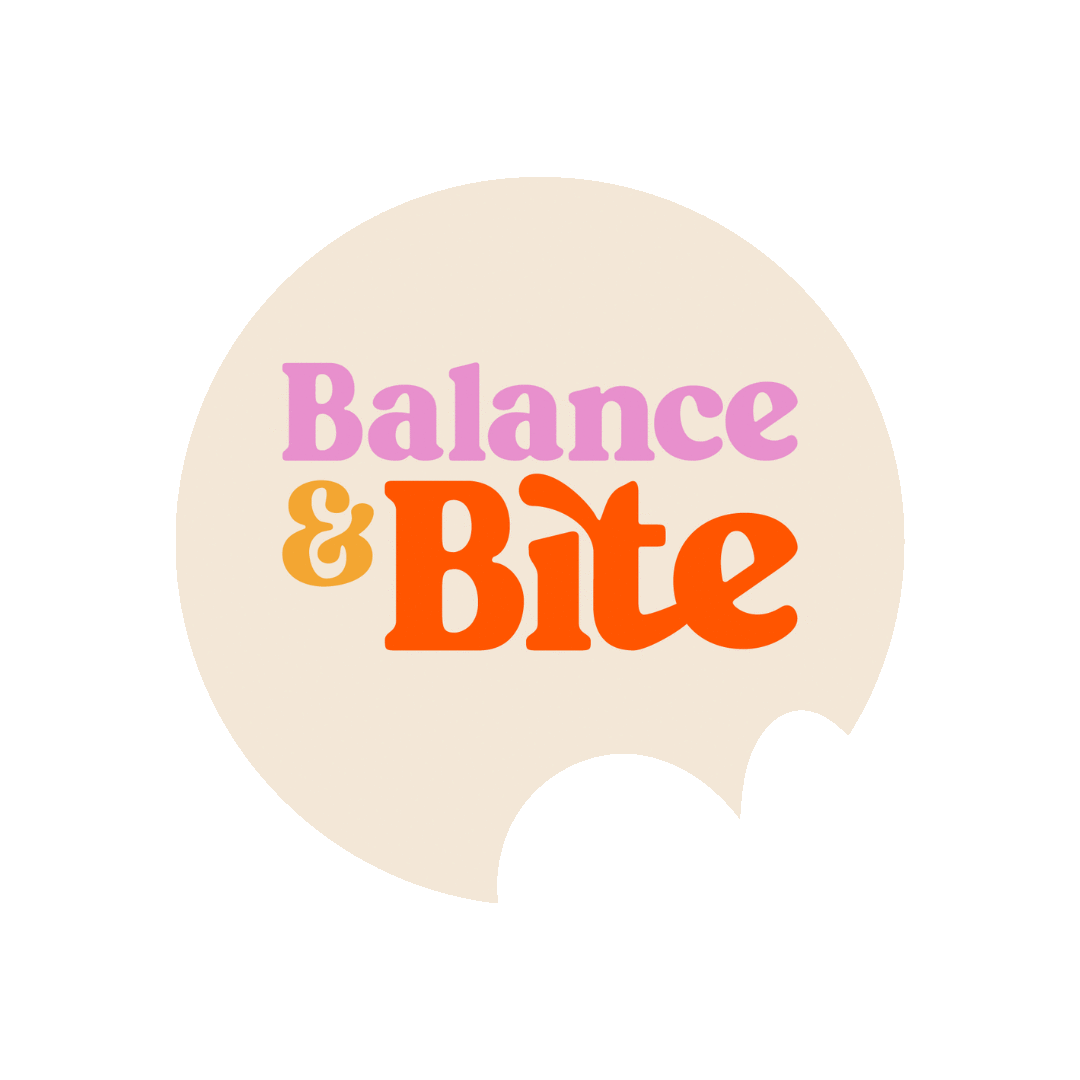




View comments
+ Leave a comment